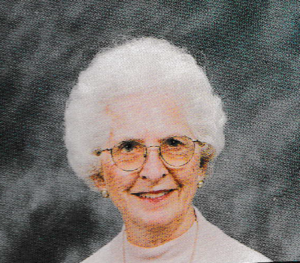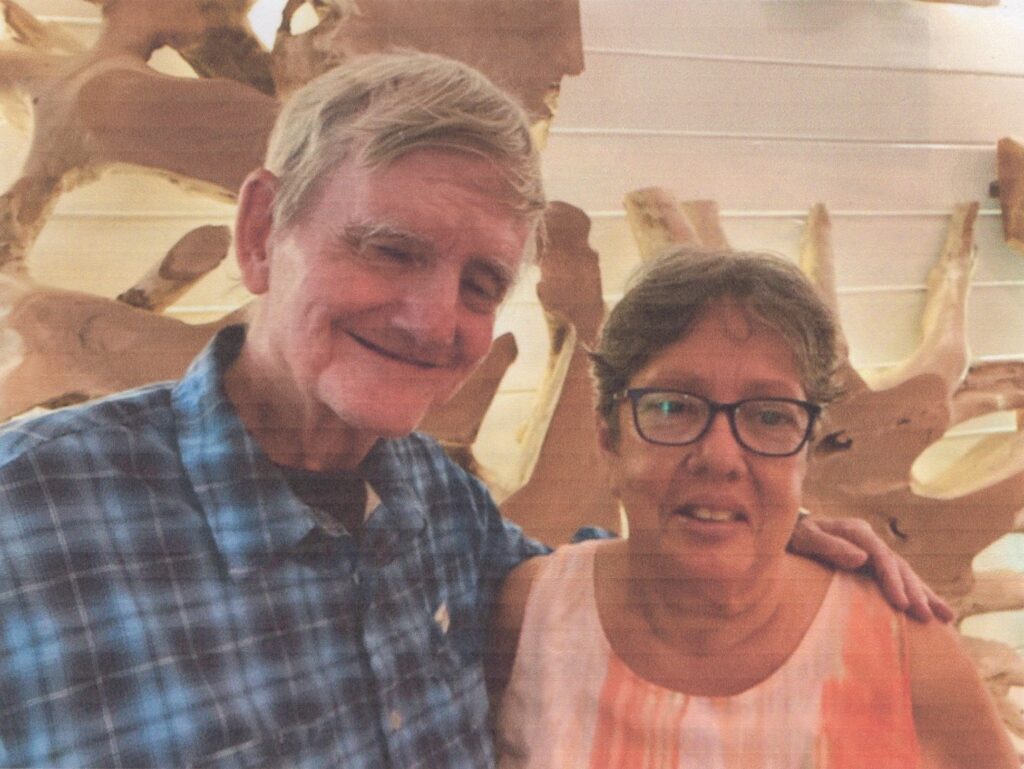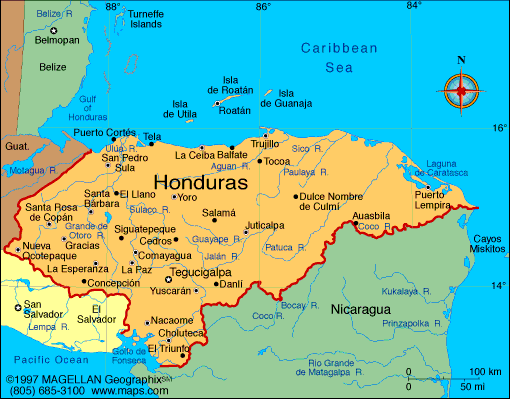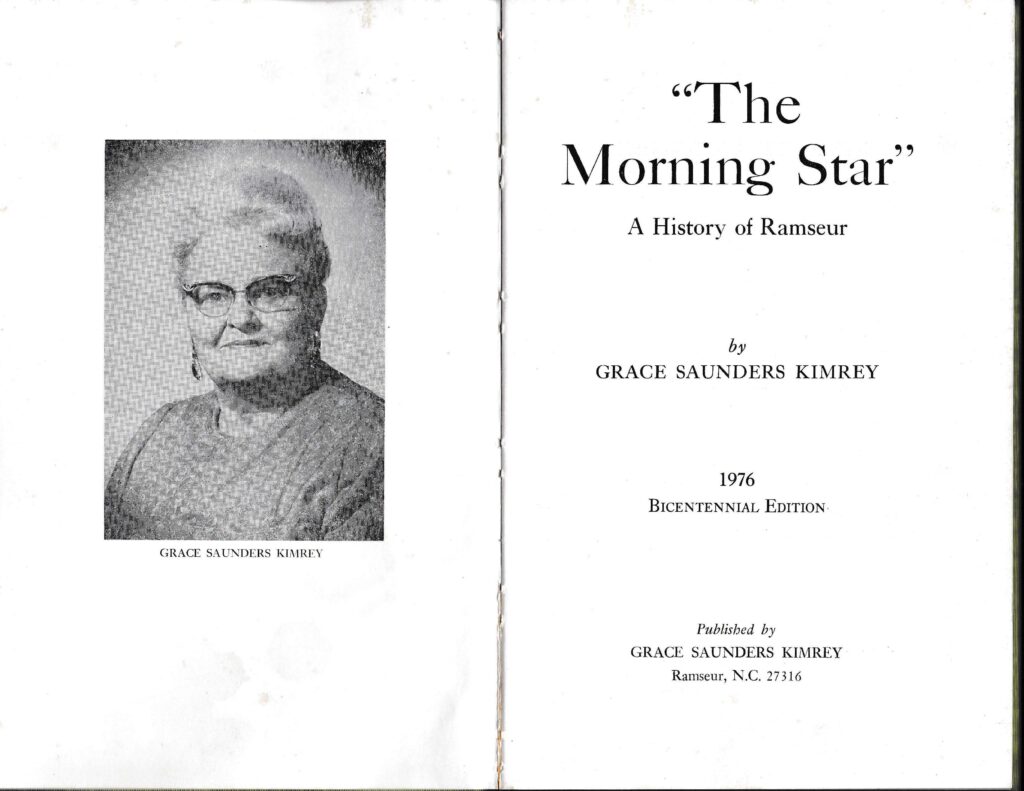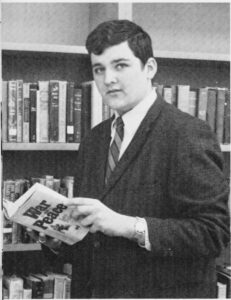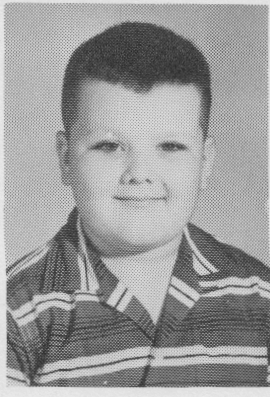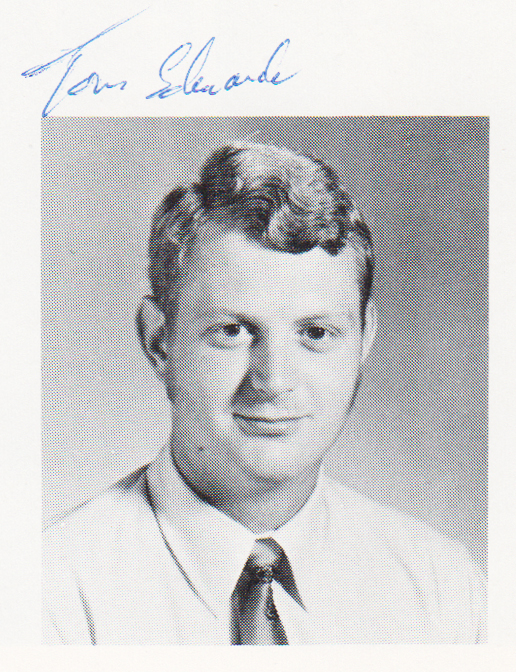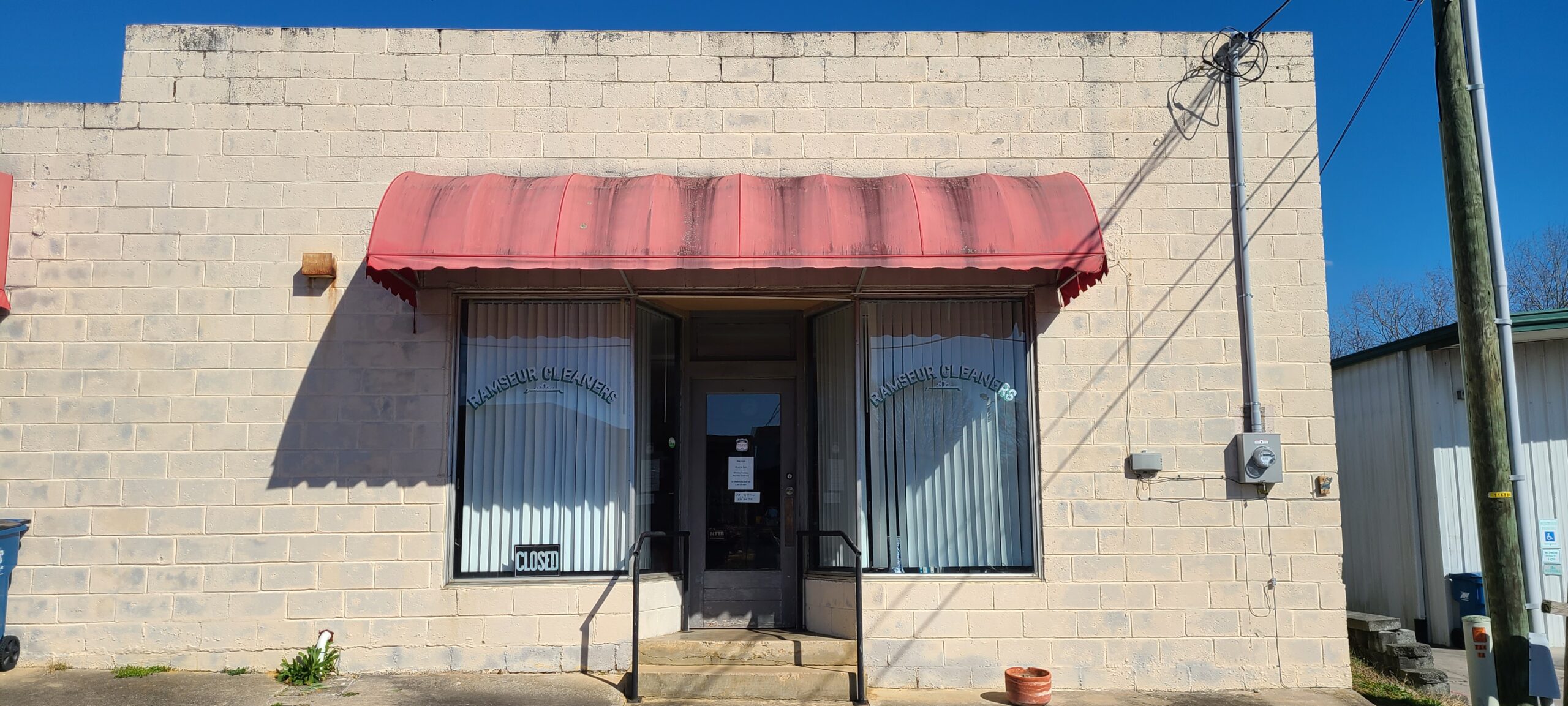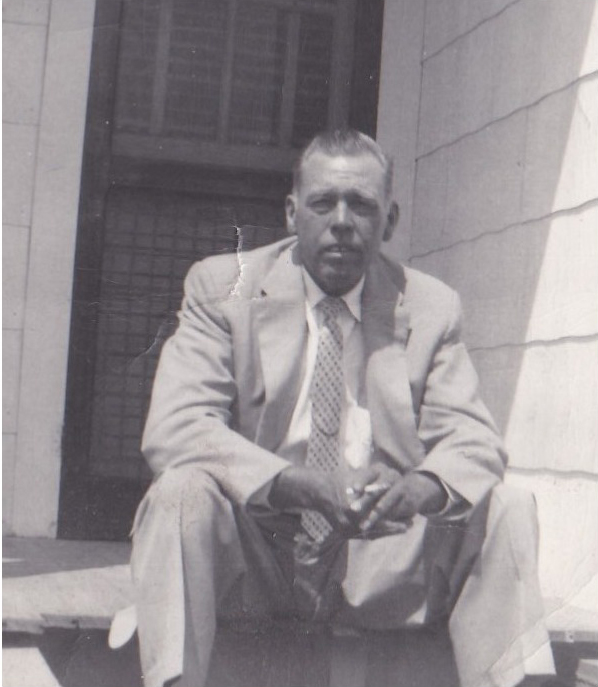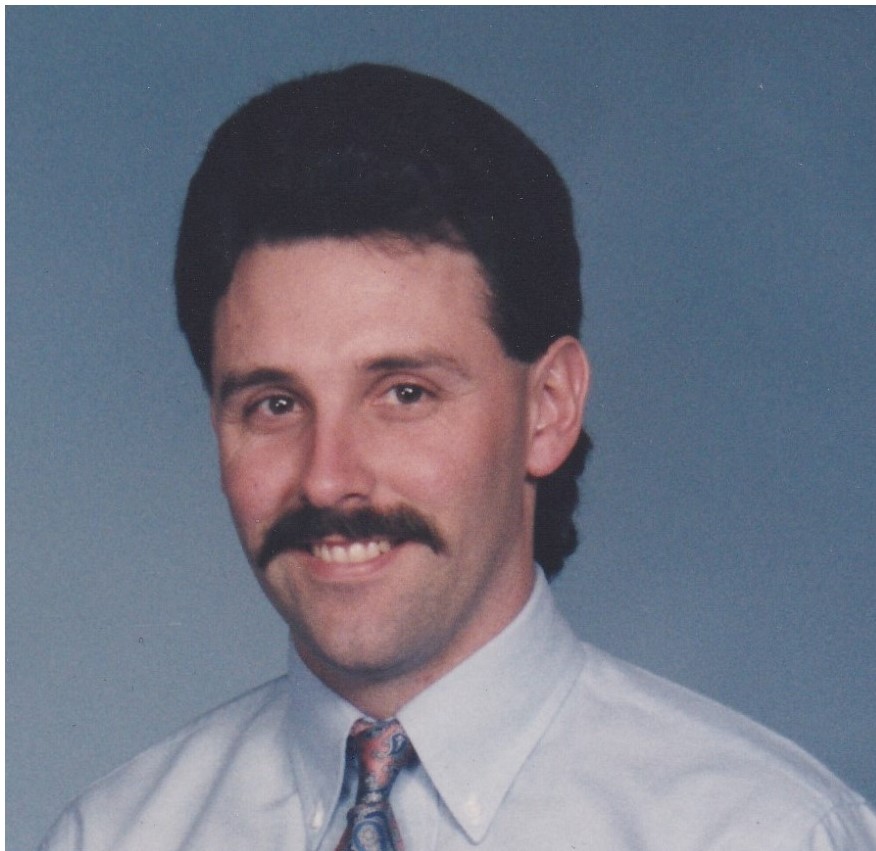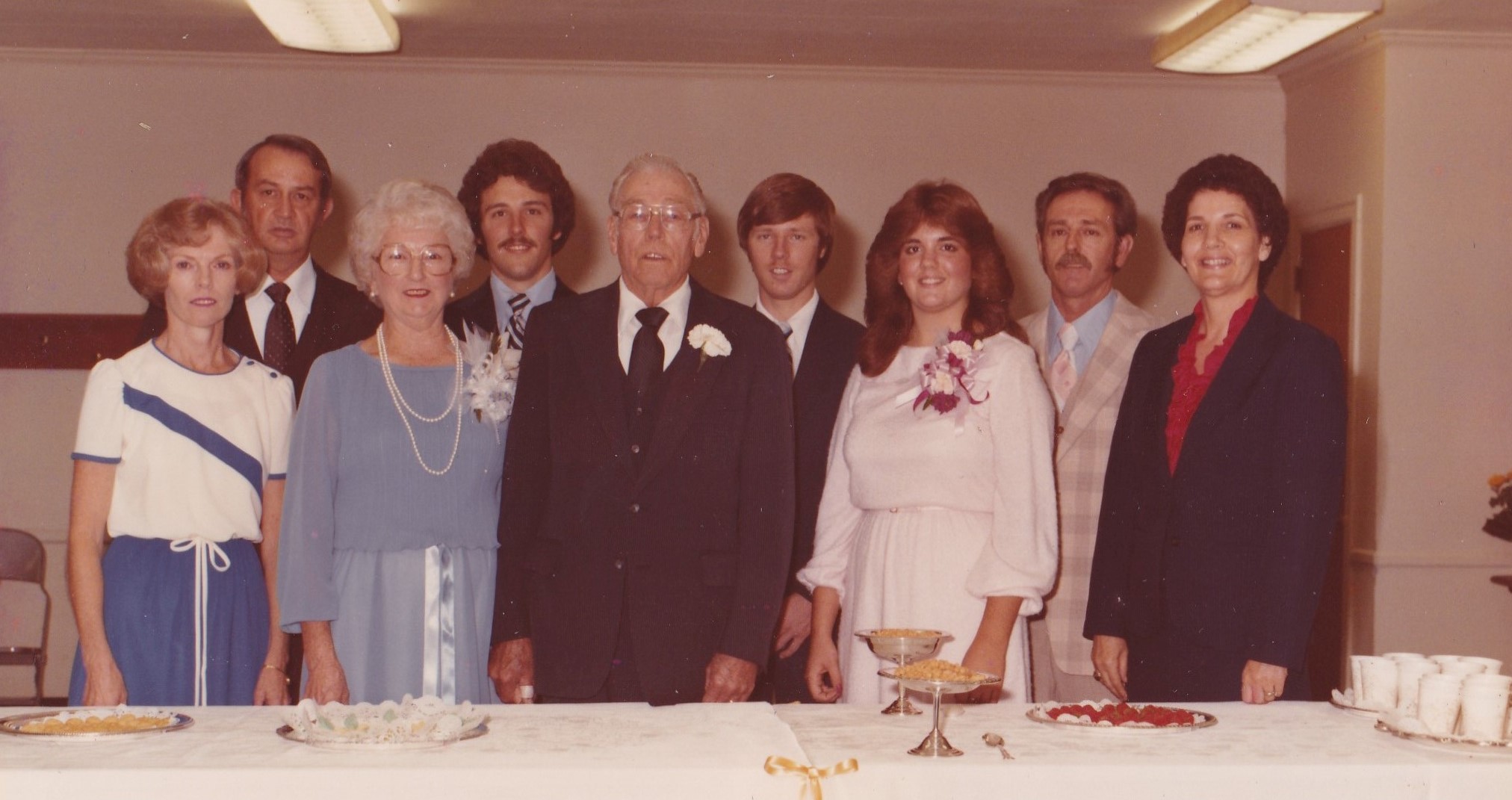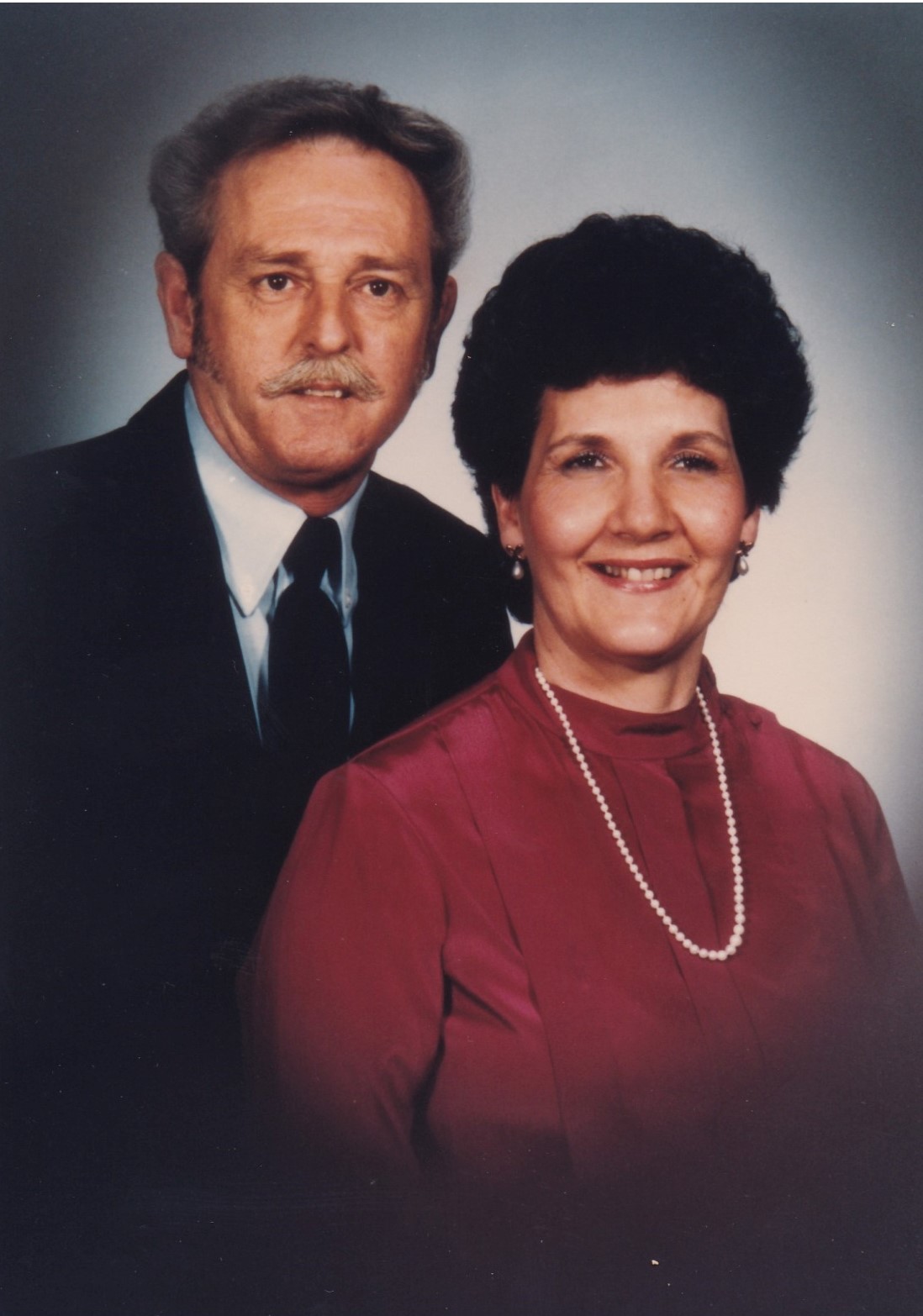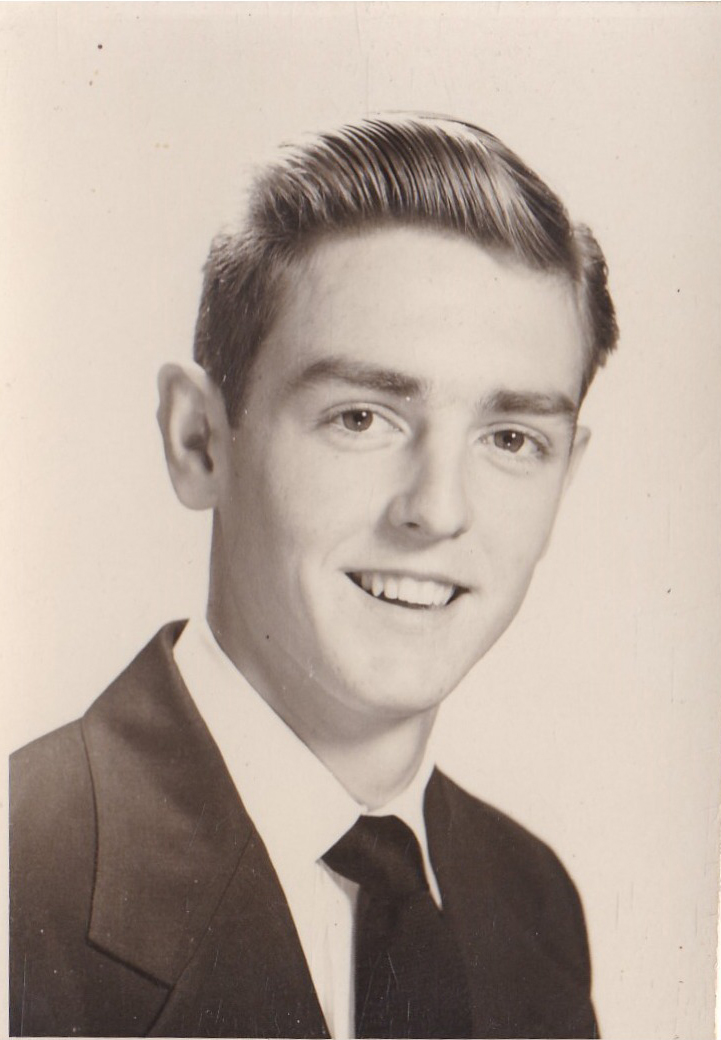By WT Cox
Memories are precious things. They enable us to keep a part of our life experiences with us as we grow old. As I recall events from my youth growing up here in Randolph County, some events seem just as real today as they did many years ago. We have memories of life events and of pets that we have had over the years, but the most significant memories are the ones of people we have known. These are the memories that we hold most dear.
When I grew up in the ’50s and ’60s, Ramseur was a different place. It was certainly more rural, but the people were different too. People knew their neighbors and seemed to care about each other more back then. I remember my grandmother cooking pies and meals for neighbors who lived on our road or in the neighborhood. Most everyone around us went to the same church… Parks Crossroads or Jordan Memorial. Whenever a neighbor had an illness or life event, the whole neighborhood would come together. Now, most people cannot name neighbors who live across their street or even next door. Where we lived was in the country, and our “neighborhood” consisted of a couple of miles of dirt roads and farm families who stayed in touch with each other. This was especially true during the harvest season. Some of our closest neighbors grew tobacco, which back then was a very labor-intensive crop. Neighbors who farmed would come together and help each other during planting and harvest time. Priming the leaves was the hardest part of growing tobacco… and this was the first “real” job I had growing up.
I always was one to look for ways to make money. My dad used to let me plant pumpkins and green beans that I sold to Harvel’s Grocery in Ramseur. Mr. Harvel was a kind man and always willing to take my produce. I think daddy was just glad to have me working with him and it kept me occupied while he worked in his garden. I mowed both our and my grandparent’s yards every week, but never got paid money for that… The concept of an “allowance” was not something ever considered in our household. If I was to have money of my own, I had to find ways to earn it. I picked blackberries in the summer and sold them to neighbors in Town for 15 cents a quart, or 50 cents a gallon. My socks always smelled like the kerosene that I used to keep the chiggers off me. I rode my bike once a week to Alton Cox’s, who lived about a mile up the road mowed his yards around his house and barn for $1.25 a week…. That was “big” money back then. He also would pay me 50 cents a day to put feed into the feeders of his chicken house.
When tobacco harvest season came, all the neighbors were busy working in the fields and looking for help. I got my big chance to help after being asked in church one Sunday morning if I wanted another “job”. Tommy Conrad was needing help with tobacco and the first priming was going to be that Monday. I eagerly accepted the challenge and was told to meet at their tobacco barn around 5 AM. While I had been around tobacco the last year, I had never primed before. I knew it paid good money and was hard work, and I was determined to be the best primer ever and hopefully earn those high wages I had heard about. It was rumored that some experienced primers actually got as much as $2 an hour for their work. That was almost too good to believe. Tommy told me he would start me out at 75 cents an hour and see how well I did, but I would have to wait to be paid until the end of the season when they sold their crop. That was fine with me and still more money than I had ever earned before, so I gladly accepted and promised to be at his barn bright and early on Monday. He also told me to make sure I wore a long sleeve shirt and pants. I thought he was just kidding with me. I had never primed before and I knew the summer days were hot. When working out in the heat, surely no one would wear long sleeves. I showed up on time but in shorts and a tee shirt. The” old” men at the barn just smiled at me and said, “OK, let’s get at it”. There were several of us “primers” who headed out to the field behind two old mules that were each hitched to two long wooden sleds. I overheard one of the guys ask Tommy why he did not use a tractor to pull the sleds like his neighbor down the road did. Tommy replied, “now why would I do that? You have to leave out a couple of rows of tobacco for the tractor and with mules, I can plant more per acre. Besides, they can turn sharper than a tractor too”.
I was excited about my new job. Determined to be the best primer there, I eagerly listened to the instructions on how to “prime”. The bottom leaves were the biggest, and of course the closest to the ground, so you had to work bent over all the time. I was young and small, so that was not a problem.. Actually having to look at the ground all the time gave me an opportunity to look for Indian arrowheads while I worked… another bonus. Tommy told me to grab the first three or four leaves. “Just twist your hand around the stalk and the leaves will pop right off. Then you put them under your arm and after you get all you can hold, then lay them in the sled, with the ends facing out”. That seemed simple, I thought. Soon, I discovered that Tommy was not kidding with me when he said to wear long sleeves. The cold, tobacco leaves were wet with dew and the sticky resin made the leaves stick to my skin when I unloaded an arm full. I did not have time to look for arrowheads because the mule kept the sleds in front of everyone and I was always trying to “catch up” with the person in the row next to me. When we got to the end of the first row, I was the last one to finish. Some of the “old” men were already way down the next row before I finished my first one. I soon realized that priming was not only a hard job, it was one that took some skill to do right and quick. The sticky leaves were already beginning to cling to my arms, and I soon realized the big mistake I had made in not listening to Tommy’s advice. I did my best to keep up, and some of the men would encourage me along the way with things like “come on boy, you can do it”. I was determined to prove I was just as good as them, but actually, it took everything I could muster just to keep up. After what seemed like an eternity, it was time for a “break”. We got a drink of cold water from a long ladle that was dipped into a bucket. Everyone drank from the same ladle, which I thought was strange, but the water was welcomed after what seemed like hours priming (actually it probably was just an hour or two). After a few minutes rest, it was back to priming. The mules responded to commands such as Gee and Haw… they seemed to know exactly how far to stay ahead and when to stop. The white sandy soil was ideal for sleds and when one sled was full, it would be pulled to the side of the field and another one hitched up. One mule was used to pull the sleds to the barns, that were located down the dirt road to a lead to the home and barns. Most rural roads back then were dirt. The sandy soil of eastern Randolph County was ideal for tobacco farming and Randolph County had the largest amount of dirt roads in the State. It was not uncommon to see farmers pulling their crops down these roads during harvest season.
I remember one time when we had finished a field, and the mules were both hitched to two sleds, full of freshly primed tobacco leaves. We were headed to the barn when disaster struck. Already bone-tired from a day of priming, everyone was glad to be finished, when suddenly one of the mules began kicking and snorting. The mule took off running and the two sleds were turned on their sides, with greenish golden tobacco leaves scattered all over the road. One sled busted apart when the mule turned the corner and the other was in pieces by the time the mule stopped at the barn. “What happened”, someone shouted. “Bee” Tommy said. “Must have gotten stung by a bee”. We began gathering up the leaves of tobacco that littered the roadside placing them into another sled. When I got to the barn, I expected to see Tommy beat the mule for the damage it had done, but instead, he was brushing him and giving him water. He calmed the animal down, realizing it was frightened and had not done anything wrong. “You have to take care of your animals, he said. They have feelings too”.
It is strange what things you remember. I had not spoken to Tommy since his wife Patsy died. I knew they were close. I had just seen him a few weeks ago when he came to church with his sister. Tommy had lost his eyesight. He recognized people by their voice. It was hard to believe he died so quickly.
I know that there is a lot of more important things people remember about Tommy Conrad, but for me, I will always remember him giving me my first “real” job… and of course those mules.
Ramseur- Thomas “Tommy” Edward Conrad, 77, passed away Monday, December 27, 2021 at Randolph Hospice. Born June 14, 1944 in Randolph County, he was the son of the late Clarence Reid Conrad, and Maude Johnson Conrad.
Tommy was preceded in death by his parents; his wife of almost 56 years Patsy Spencer Conrad; and his son, Spencer Reid Conrad. He is survived by daughter, Donna Conrad Long and her husband Reggie of Robbins; grandchildren, Colton Long and his wife Mary of Robbins, Chesley Cox and her husband Ethan of Troy, Carter Long of Robbins and Steffenie Porvaznik and her husband Mike of Raleigh; great-grandchildren, Reid Thomas Long, Wyatt Samuel Cox, and Gibson Stone Long; brother, Kenneth Conrad of Naples, FL; sisters, Cathy Johnson and her husband Gene of Asheboro and Sherri Needham and her husband Barry of Ramseur; and sisters in law, Jane Gerringer of Asheboro, and Sandra Baucom and her husband Larry of Asheboro.
A graveside service was held at 2:00 pm, Sunday, January 2, 2022, at Parks Crossroads Christian Church, 2057 Parks Crossroads Church Rd, Ramseur, NC 27316 with Reverend Randy Kelley, Reverend Ransom Love, and Reverend Todd Nance officiating. The family wishes to thank Randolph Hospice House for their care of Tommy in his final days. In lieu of flowers, the family wishes for donations to be made in Tommy’s honor to Randolph Hospice or Parks Crossroads Christian Church.

